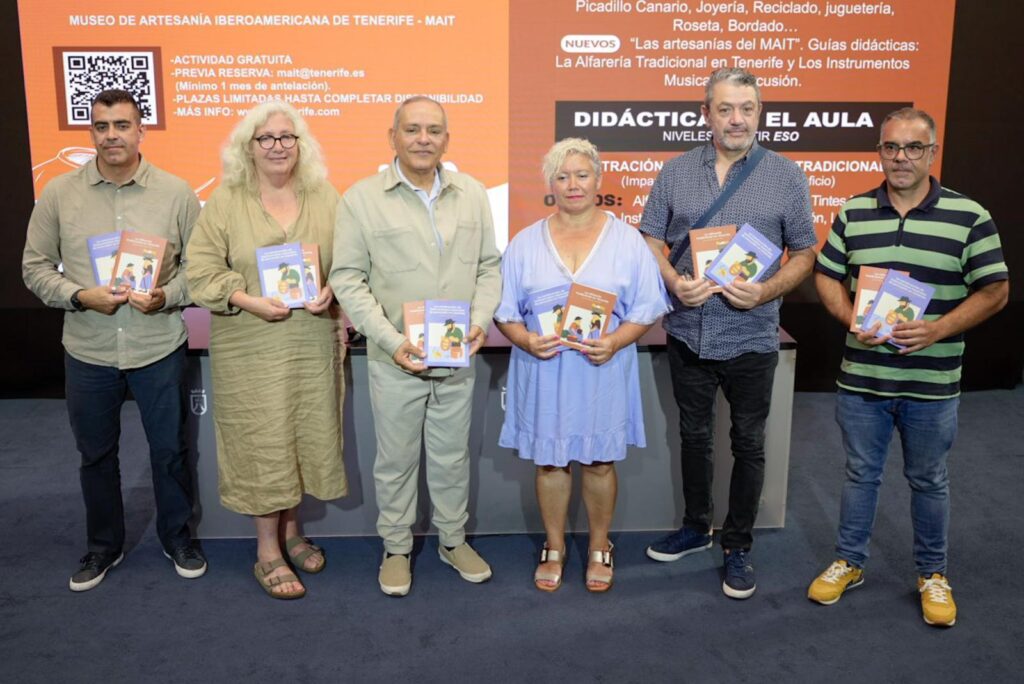The Santa Cruz City Council, via the Municipal Institute of Social Care (IMAS), runs a significant program providing food aid to vulnerable individuals and families. The social investment last year, specifically for cards enabling the purchase of essential and fresh products, totaled 7,057,855 euros. This amount surpasses the allocation by the State to the entire Canary Islands in its new Basic Program, which foresees 6,258,581 euros for the whole archipelago throughout 2024. José Manuel Bermúdez, the mayor, emphasizes that this shows the city’s ongoing commitment to supporting vulnerable people.
Charín González, the councilor for Social Action and president of the IMAS, points out that “in the last year alone, the municipality has been able to assist 10,161 family units, enabling them to make purchases for an entire year.” She explains that “the aid amounts were updated in October 2020, with 150 euros provided for a single-member family unit; 190 euros for two people; 240 euros for 3; 280 euros for those of 4, and for households with 5 or more members, 300 euros.”
“The aid amounts – González clarifies – are significantly higher than those recently approved by the State for its Basic Program. Firstly, because it does not consider family units without children, and also because the amounts for the same family units are much lower than those in Santa Cruz de Tenerife.” She adds that “for families with 2 members, the Spanish Government allocates 130 euros; 160 euros for 3; 190 euros for those of 4, and finally, 220 euros for 5 or more members.”
“Thus, it is estimated that some 70,000 family units throughout the entire country will benefit from the Basic Program Cards, while in the municipality of Santa Cruz de Tenerife, 10,161 family units will be beneficiaries in 2023. This illustrates the significant commitment that this municipality upholds for vulnerable individuals and families,” says Charín González, who also emphasizes that “the model implemented by the Spanish Government only provides coverage for families with dependent children, leaving out the 70% of families without children who turn to Food Banks.”
Finally, “the Basic Card model in the municipality of Santa Cruz de Tenerife includes all family models, ensuring that every family unit is covered based on its composition,” the councilor emphasizes. She adds that “the Food Bank, another option for aiding families, whether or not they have children, involves a municipal social investment of 50,000 euros per year by the City Council. This aid is distributed through volunteer entities and NGOs operating in the capital.”
Hernán Cerón, in charge of the Food Bank, has reiterated that this entity is an alternative for vulnerable individuals and families who receive food through the 35 entities conducting the distribution. The City Council has taken responsibility for managing the delivery of products to the premises where these volunteer associations hand them out to people and families referred by the Social Work Units (UTS) located in various districts.
















